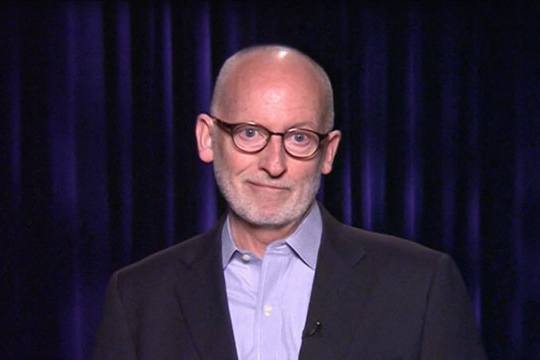On Monday, news broke that Councilmember Tim Burgess will not seek a new term on the Seattle City Council. As word spread, you could almost hear a collective groan from those in Seattle who see Burgess as a final vestige of the slow-going, good-governance type of politician that Seattle used to be famous for. Meanwhile, you could practically hear the Champagne corks pop in corners where Burgess is seen as a pesky, obstructionist fuddy-duddy standing between Seattle and its highest liberal ideals.
Frankly, both these takes on Burgess have some merit, and with the Councilmember planning to call it quits next year after a decade on the Council, it’s worth pausing to consider what Seattle will lose, and possibly gain, when someone takes Burgess’ citywide seat.
First, the loss. A theme that has dogged Burgess his entire career as a public servant has been the silly idea that he’s not a solid-blue Democrat. Never mind that he’s donated heavily to Democrats in the past, including $10,100 in donations to the 2008 Obama campaign, and has a voting record that few would mistake for a Republican’s (assuming anyone in Seattle knows what a Republican looks like). His loyalty to the cause has been questioned due to a check he shipped to John McCain in 2000 in hopes of pushing the Arizona senator over George W. Bush in the primaries; he also stated on a questionnaire that he supported Republican Rob McKenna’s 2004 bid for attorney general.
For some Democrats in Seattle, these heresies have proven unforgivable. In 2013, when Burgess threw his hat in the ring for mayor, King County Democrats handed Burgess a pointed non-endorsement—“pointed” because the group did endorse every other serious contender for the seat. “We are concerned that he doesn’t share our Democratic Party values,” endorsement board chair Michael Maddux told Seattle Weekly at the time.
But where some see dangerous noncompliance with The Party Line, we see refreshing intellectual independence that will be missed on the Council. Whatever his flaws—and we’ll get to those—Burgess has always shown a knack for eschewing naked partisanship and political windstorms in favor of a singular pursuit of good governance. Rather than through fiery speeches, these stances are often delivered in long, sober blog posts that can rarely be described as pandering. This approach has allowed Burgess to quietly turn Seattle into a leader on universal pre-K (Ed Murray has called Burgess the “godfather of pre-K”); it has also led him, a former cop, to help spearhead controversial reform efforts at the Seattle Police Department, namely by changing city policy to allow someone outside the Seattle Police Department—and thus from outside the closed-ranks culture that has gotten the force in trouble in the past—to be named chief. While we disagree with Burgess’ stance on the recently approved $29 million affordable-housing bond, we can’t help but respect his principled stand over the long-term viability of the funding mechanism used to pay off the housing. He clearly had Seattle’s best interest in mind, a statement that could be applied to any number of Burgess’ efforts.
All that said, Seattle has changed dramatically in the past 10 years, and city government hasn’t been insulated from that change. Gone are the days of the slow “Seattle process,” where solutions crumbled in the face of consensus and deliberation. When Burgess’ ideological foe Kshama Sawant first took her Council seat in 2013, she played the outlier while Burgess represented the Council mainstream. But in three short years, a near-majority of the Council has either stepped down or been voted out; Burgess himself withstood a challenge from a more progressive candidate in last year’s election, but as he did, the rest of the Council shifted left under his feet. These days, it’s he who can seem the outsider and Sawant the mainstream.
We think, on the whole, this is a positive development. Considering the dynamism at play outside Council chambers, Seattle needs a Council equally dynamic—that is, equity-focused and willing to experiment with radical new ideas to solve a crop of new issues facing the city, traits that don’t seem present in Burgess’ political DNA.
Next year will see the introduction of so-called “democracy vouchers,” which will allow every registered voter in Seattle to donate levy dollars to candidates of their choice. This new development gives us hope that voters will have a plethora of strong candidates to choose from when replacing Burgess. It is difficult at this point to divine who the winner will be, though it’s almost certain he or she will look nothing like the man who is stepping down.
editorial@seattleweekly.com






